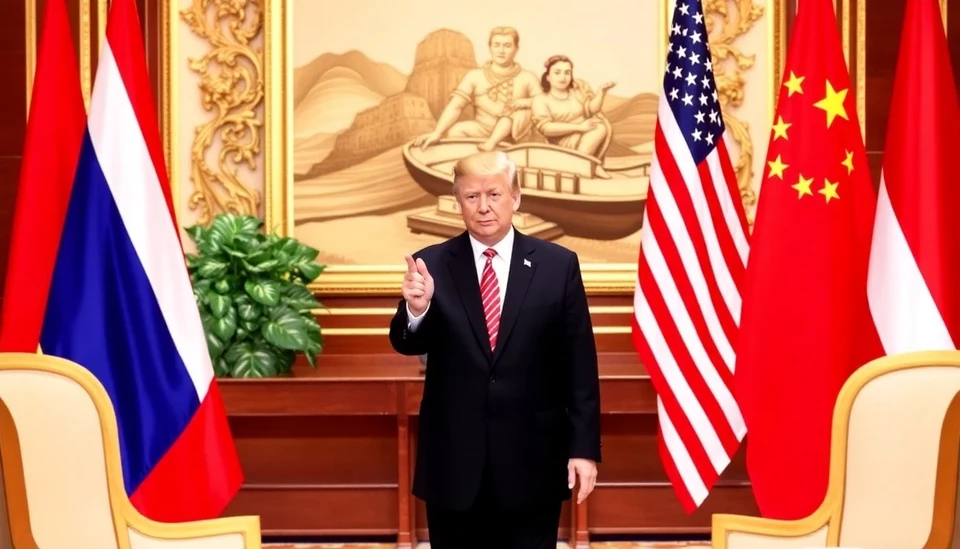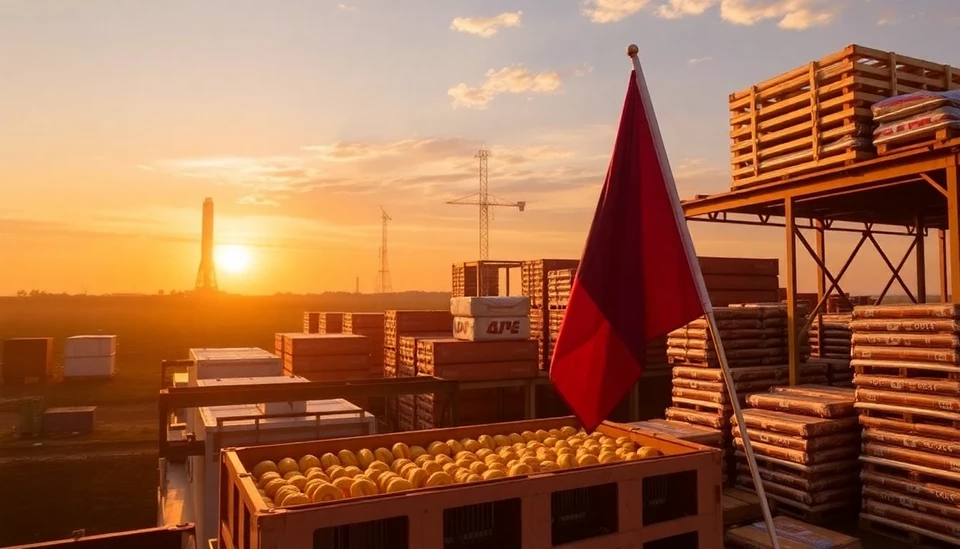
In an evolving international trade landscape marked by the ongoing US-China trade tensions, Thailand is positioning itself to attract foreign investments and boost its manufacturing sector. The Thai government is preparing a series of incentives aimed at drawing companies looking to relocate from China, especially those that produce critical goods.
As the trade war escalates, businesses are increasingly searching for alternatives to Chinese production due to rising tariffs and economic uncertainty. Thailand, with its established infrastructure and expanding labor market, offers a viable option for these companies. The Thai government has recognized this unique opportunity and is taking proactive measures to capitalize on it.
According to government officials, these proposed incentives will include tax breaks and potentially faster approval for business operation permits. Specifically, the incentives target sectors such as electronics, automotive parts, and medical equipment—industries that are highly sought after in the global market. Notably, Thailand’s strategic location within Southeast Asia further enhances its appeal as a gateway for exports to wider markets.
Furthermore, the Thai government is focusing on improving the nation's infrastructure. Recent initiatives include upgrades to transportation networks and development of better logistics systems, which are critical to facilitating efficient manufacturing and export processes. These improvements are expected to reduce operational costs for foreign companies and increase Thailand's competitiveness against neighboring countries.
In recent interviews, policymakers emphasized Thailand's stability and favorable business environment as key selling points. Compared to other regional players, Thailand provides a relatively reliable political landscape and an educated workforce, which are major considerations for firms evaluating relocation options.
While the measures are in the proposal stage, the government is optimistic that they will enhance Thailand’s position within the global supply chain. Officials anticipate attracting investment from American and European companies eager to reduce their dependence on Chinese manufacturing. Additionally, the ongoing reshuffling of supply chains means that companies are not merely looking at cost but are also weighing their options concerning risk management in a turbulent global economy.
As part of its larger economic strategy, the Thai government is working to establish itself as a key production hub for companies wishing to diversify their operations away from China. With ongoing support from various sectors and a vision for digital transformation, Thailand aims to emerge stronger from the trade war fallout, turning challenges into opportunities for growth and stability.
This strategic alignment comes at a time when global businesses are adjusting to new realities presented by the Trump administration's trade policies and the resulting shifts in international commerce. Companies are beginning to understand the importance of resilience in their supply chains, and Thailand is poised to be at the forefront of this transition.
The potential benefits of the proposed incentives are significant not just for businesses but also for the Thai economy as a whole, which could see a notable uptick in foreign direct investment and job creation in high-value sectors.
As developments unfold, many stakeholders will be observing closely how Thailand implements these measures and whether they successfully attract companies looking to escape the heavy tariffs and uncertainties of the US-China trade dynamics.
#Thailand #TradeWar #USChinaRelations #ForeignInvestment #Manufacturing #EconomicGrowth
Author: Laura Mitchell




